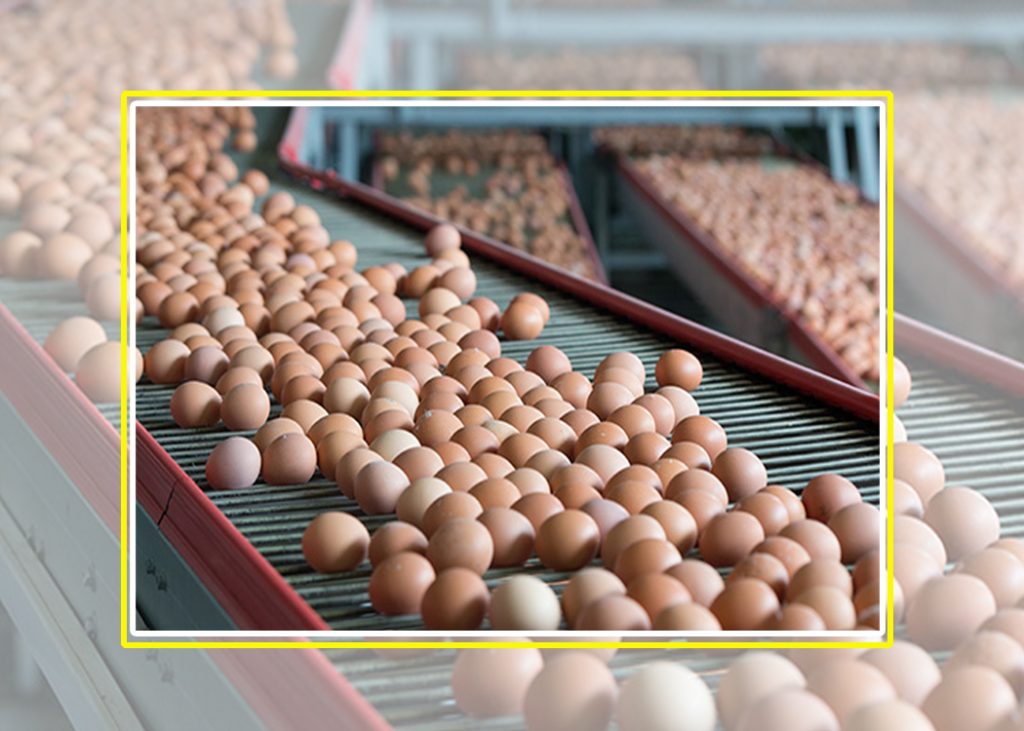
AVN Monitoring Desk
UK: Egg producers have been urged to engage with the National Farmers’ Union (NFU) to share their opinions on the revised RSPCA Assured standards, following the NFU’s push for greater dialogue with the poultry farmers.
Earlier this year, RSPCA Assured paused the introduction of its new laying hen standards after facing sharp criticism from producers. The NFU has already collected feedback from its members on the potential impact of certain new standards, including the requirement for barn units to have verandas by January 2030 and the provision of natural daylight on all sites by January 2031. This feedback is being relayed to RSPCA Assured.
However, the NFU emphasized the importance of continued feedback from egg producers on the full range of new and revised standards that RSPCA Assured plans to implement from February 1, 2025.
To facilitate this, the NFU conducted a survey that ran until August 12, seeking members’ input, focusing on five key areas that correspond to different sections of the standards, including environment, range, management, health, transport and slaughter.
Environment, covered buildings, floors and litter, verandas, natural daylight, and space requirements; the range addressed management, shade and shelter, popholes, natural cover and enrichment, and biosecurity requirements; management involved contingency planning, wild animal control (including rodents), and pullet requirements; health focused on health and welfare monitoring, beak trimming, and medication requirements; and transport and slaughter/killing, covered depopulation and processing plant management requirements.
In April, RSPCA Assured’s interim Chief Operations Officer, Kelly Grellier, stated: “Our members are fundamental in helping us improve hen welfare. Therefore, ensuring we listen to them and provide proper support to help them meet the new standards is our top priority. To do this effectively, we have to be flexible. Extending the current pause until 2025 will give us more time to talk to more members and offer more support tailored to their specific needs.”





